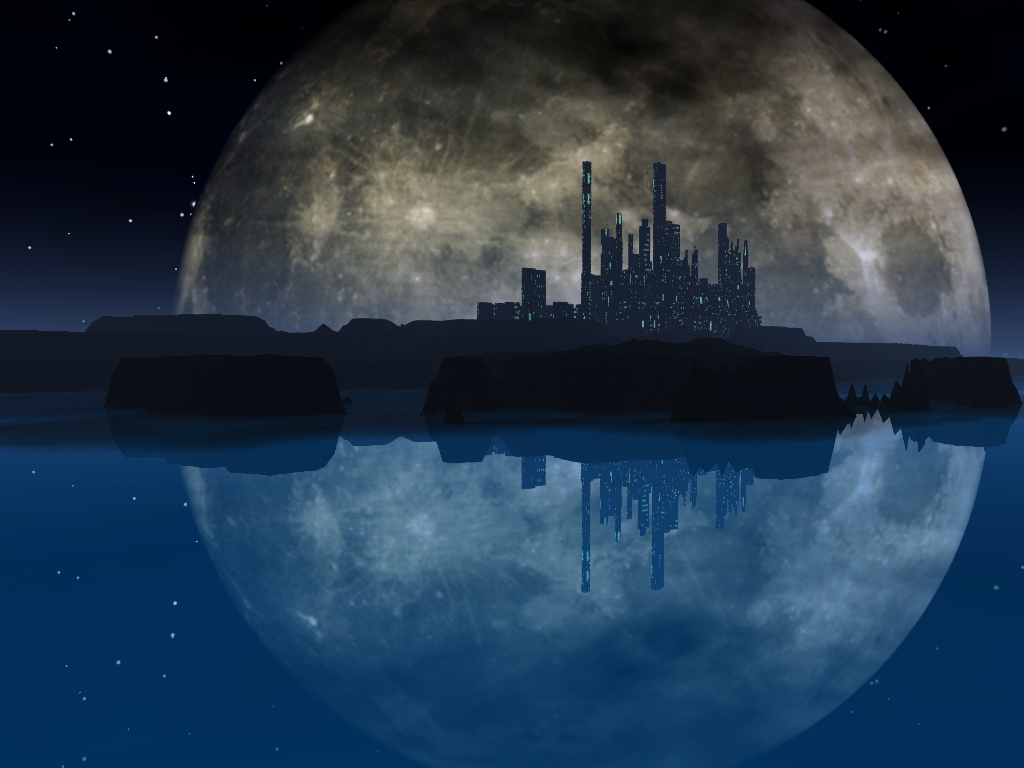|
"Criminal Utopias"
Science
Fiction and
Scandinavian Studies 436, |

|
|||
Course Description
Science fiction and Crime Literature are genres that hold
up dual mirrors for their readers and facilitate discussions of the
changing nature of society, and the nature of good and evil, through
popular culture. Over the past decades, Scandinavian crime fiction has
seen an explosion in both production and popularity. Scandinavian crime
authors have attracted large international audiences and are widely
translated with names such as Mankell, Holt, and Larson leading the
ranks. This phenomenon poses interesting questions as the Scandinavian
countries are known as peaceful, with low crime rates and a
cradle-to-grave social-welfare system. Why has Scandinavia produced
world-renowned writers of crime fiction and used the genre to
international acclaim? Does this conflict with our general perceptions
of Scandinavia, and is there a specific Scandinavian element in the
crime literature? In contrast, science fiction which is a hugely
popular genre in the US has never seen a large following in the
Scandinavian countries, and again, this poses interesting questions.
Why are Scandinavians reluctant to embrace fantasy and science fiction?
Is the Scandinavian culture too earthbound and secure to venture out
onto imaginary limbs? What are the characteristic Scandinavian elements, if any, in the science fiction literature which is produced?
Similarly, crime fiction shows the dualistic nature of the human race in its portrayal of the basest acts of humanity and the most exemplary human reaction to such acts. Hence, both genres are related in their exploration of the nature of good and evil and, consequently, eminently capable of spurring existential discussions about the role of humankind and our power to influence our surroundings. They both question the essence of the status quo and yield different answers to such essential questions as the nature of personal identities, values, beliefs, and worldviews. Obviously, since they both allow a critique of contemporary society, it is, then, very relevant to ask why one genre is more popular than the other in Scandinavia. This course will attempt to answer the questions raised above, and more. It will, furthermore, include an examination of the origins of science fiction and the crime literature genre in a broader historical perspective, drawing on British and American texts and theories. Through the reading of a variety of novels and short stories, as well as viewing of films, the course aims to heighten the ability of the students to engage in analytical and critical thinking, voice coherent argumentation, explore, examine, reason, and write academic essays. The investigation of human issues is relevant to all literature courses; science fiction and crime literature is particularly relevant in its enquiry into human nature for better and worse, and this course will focus on the particular Scandinavian response to the above-mentioned questions as portrayed in two popular culture genres.
Active
participation is crucial for you to benefit from this class. An
involved and enthusiastic attitude is conducive to the best kind
of learning, and in this class I encourage you to question the
readings and participate in class-discussions.
There
will be three written exams during the semester, each lasting 75
minutes and taken in class. The exams will cover the topics discussed up till the
exam date.
Links: |
For information about Scandinavia, please visit the following site: http://www.stolaf.edu/depts/norwegian/nordic/
|
Contact:
|